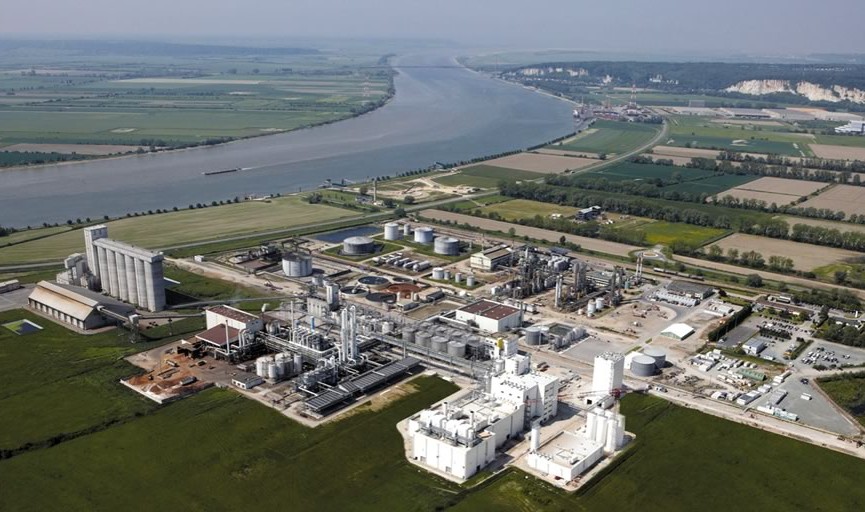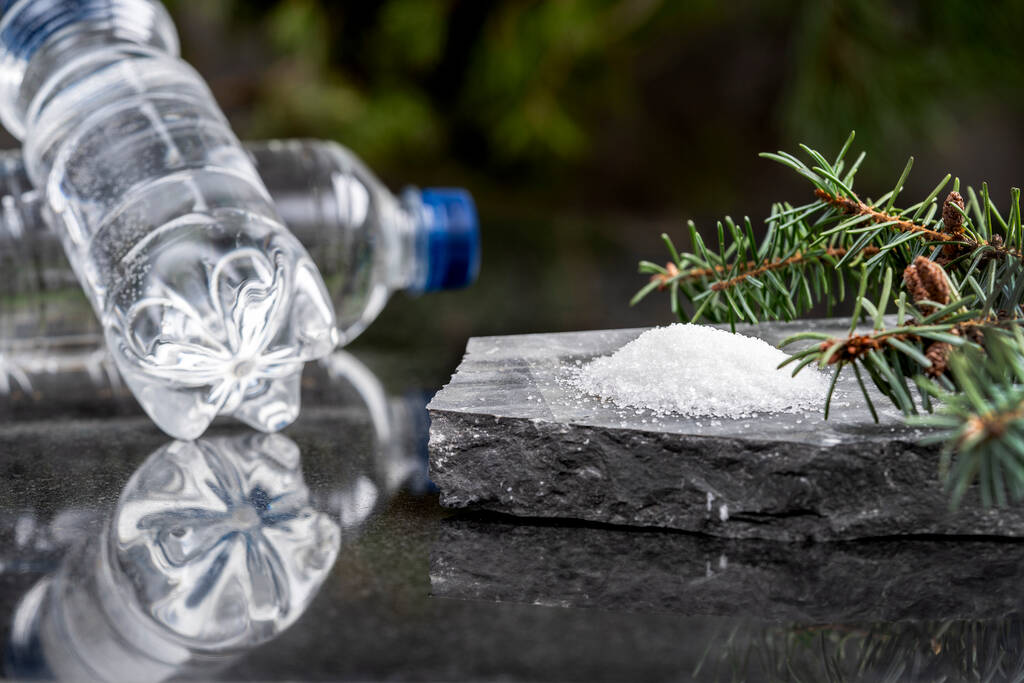For years, major agribusinesses have been partnering (although more muted now in the US) with renewable chemical companies e.g. Bunge with Solazyme; ADM with its previous partnerships with Metabolix and recent investments in Rennovia; Cargill with its NatureWorks subsidiary and investments in Rivertop Renewables; palm plantation owner, Wilmar, with Elevance; and in Europe, Global Bioenergies has partnered with European sugar producer, Cristal Union, for bio-isobutene JV, and a more recent news report (although there is no formal announcement yet) of sugar producer Tereos partnering with Avantium on the possibility of producing bioplastics made from 2,5 furandicarboxylic acid (FDCA) at Tereos’ site in Lillebonne, France.
Tereos did confirm on recent presentation of its annual 2014/2015 results that it signed an exclusive partnership agreement with Avantium. Avantium said a formal announcement will be released soon.
Avantium has developed a proprietary 2-step chemical, catalytic process to produce FDCA from sugars called the ‘YXY’ process. The FDCA will be combined with bio-based MEG to produce an alternative to PET called polyethylene furanoate (PEF). Avantium has a FDCA pilot plant in the Netherlands with a nameplate capacity of around 40 tons/year for application and process development. The company’s initial commercial milestone plan was to bring production of around 30-50 ktpa by 2018. As readers recall in a recent post on Coca-Cola’s bio-PET bottle, Avantium is also one of Coca-Cola’s development partner for a 100% bio-based polyester along with Gevo and Virent. Avantium’s partnership with Tereos could bring Coca-Cola’s commercial plans into fruition.
Tereos has been busy with other partnerships, such as its collaboration with tire manufacturer, Michelin, for the development of bio-butadiene with Tereos looking to ensure long-term supply of biomass-based sugars. Tereos is also a producer of starch-based alcohols and ethanol. The Lillebonne plant, located close to the cereal port of Rouen, is mainly dedicated to the production of bioethanol (200,000 m3/year), although it is going through a series of developments and investments to diversify its production such as wheat gluten and liquid dextrose. Tereos claims to be the world’s 3rd largest sugar producer specializing in the processing of sugarbeets, sugarcane and cereal grains.





